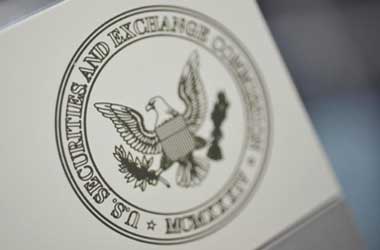
Economic growth in Britain slowed sharply in the fourth quarter of 2018, with growth throughout the full year being the slowest in six years as Brexit concerns and international trade tensions dimmed its activity.
The GDP grew 0.2% from the third quarter, as the economy grew 0.6%, the Office of National Statistics shows preliminary figures on Mondday. Economists expected that growth rates would decrease to half to 0.3 %. The second and first three months of 2018 saw a growth of 0.4% and 0.1% respectively. During the fourth quarter, the GDP increased by 1.3% year-on-year, the weakest rate from the second quarter of 2012. Annual growth in the third quarter was 1.6 %. Economists anticipated 1.4% growth.
ONS Head of GDP Rob Kent-Smith said “GDP slowed in the last three months of the year with the manufacturing of cars and steel products seeing steep falls and construction also declining. However, services continued to grow with the health sector, management consultants and IT all doing well.”
For the whole of 2018 economic growth was 1.4 %, the slowest since the same rate of expansion in the economy in 2012. In 2009, when GDP declined 4.2 per cent, growth was lower than last recorded. In the month of December, GDP decreased by 0,4 %, while economists expected to stagnate.
The output of construction, manufacturing and services fell in December when, since September 2012, monthly output decreased for the first time, says the ONS. The continued chaos surrounding Brexit has mainly dampened British economic activity.
The UK will leave the European Union on 29 March, but Prime Minister Theresa May still has to understand what will happen-to see if the country would crash out of the bloc without a deal or leave without any agreements on trade and other important matters.
The Bank of England’s growth forecast last week dropped from 1.7% in November to 1.2%, the slowest rate in a decade. This has been the biggest cut in the forecast since the referendum in 2016.
The central bank had previously warned that Britain’s exit without a deal would lead to a deep recession in the UK, the kind never seen a decade before when the world was hard hit by financial crisis.
ING economist James Smith said “With a growing risk that we may not know whether ‘no deal’ has been averted until much closer to the 29 March deadline, the UK economy faces a challenging few weeks. The chances of a rate hike from the Bank of England this year are receding.”
Private consumption rose 0.4% in the fourth quarter, a bit quicker than 0.3% forecast by economists. Government expenses increased by 1.4%, representing the biggest appreciation compared with the economists forecast of 0.5% increase. Gross fixed capital formation decreased by 0.5%, worse than the 0.2% fall anticipated by economists. Exports increased by 0.9% and imports increased by 1.3%. Both of these were expected to grow by 1% each.
For December, the ONS published separately data on foreign trade, production and service. For December, the total trade deficit was GBP 3.2 billion, a little more than the consensus projection of GBP 3.1 billion. The apparent trade deficit amounted to GBP 12.1 billion compared to the GBP 11.95 billion consensus forecast. The industrial output decreased 0.5% month-on-month in December, as opposed to the anticipated slightst gain of 0.1%.
The production output decreased 0.7 %, while economists anticipated a gain of 0.2%. Construction performance dropped 2.8% m-o-m, challenging aspirations for a slight increase of 0.1%. The service index declined 0.2% every month, while analysts anticipated it to remaining unchanged.
Following the poor economic data, the GBP/USD pair fell from a high of 1.2938 to a low of 1.2860.




